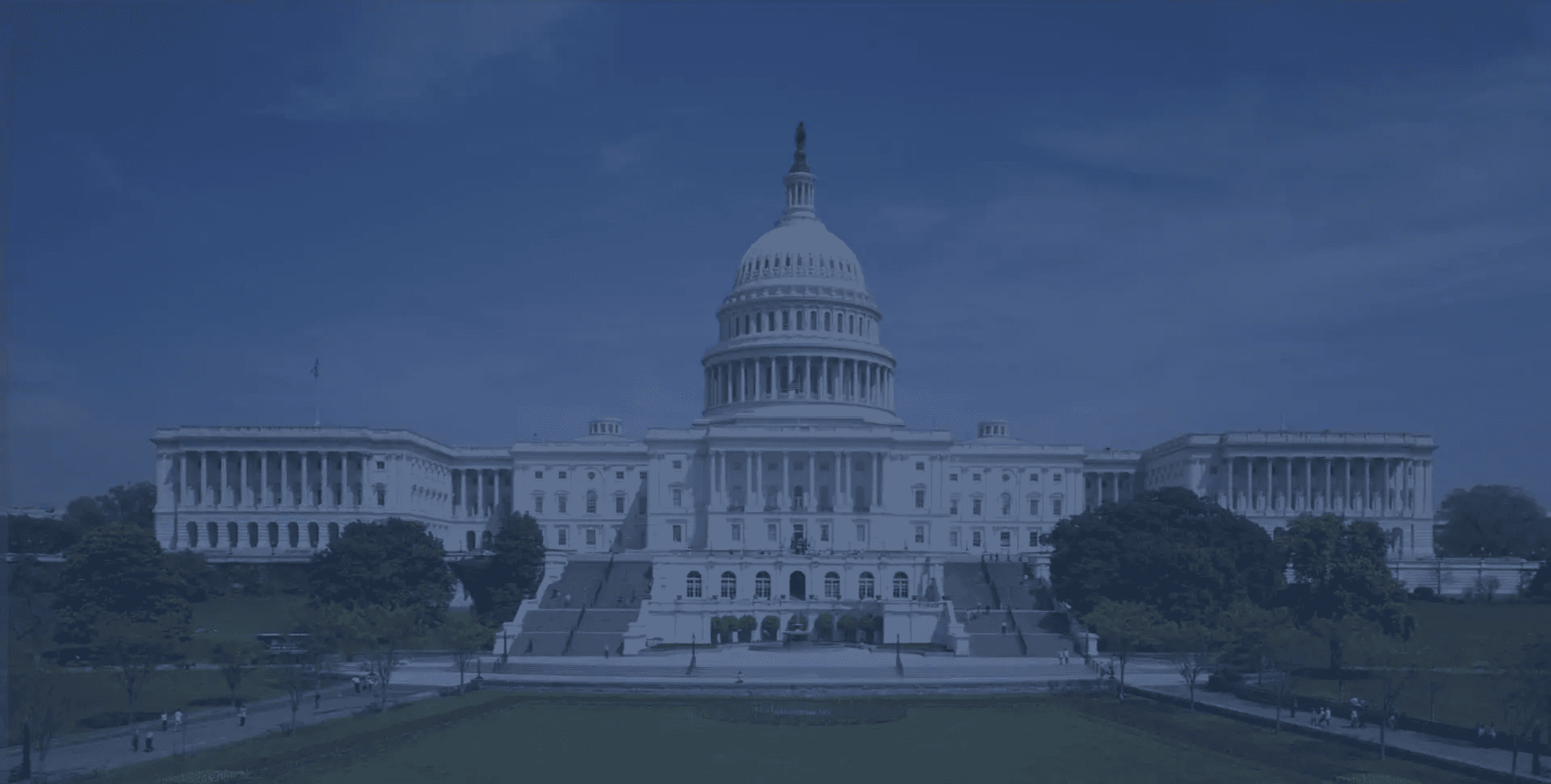
US Syria Sanctions
Although recent steps by the Obama administration have drastically increased the scope of the United States Syria sanctions, the origins of the program go back to the political context that immediately followed the attacks of September 11th. On May 11, 2004, President Bush signed Executive Order 13338 implementing the initial slate of sanctions on the Syrian government. In the wake of Bush's Axis of Evil speech at the end of 2002 and in the midst of the US diplomatic and military campaign against the mechanisms of terror, Syria was declared as counterproductive to US interests in the region and labeled a state sponsor of terrorism.
In his constitutional justification for the Syria sanctions, Bush outlined numerous ways that the policies of the Syrian government posed a threat to the interests and security of the United States:
- Syria's alleged pursuit of weapons of mass destruction
- The continued military occupation of Lebanon
- Efforts by the Assad regime to hinder the stabilization of Iraq
- The aiding of armed organizations such as Hezbollah and Hamas
In the years following the initial Executive Order, numerous incidents, such as the Syrian government's apparent involvement in the 2005'assassination of Lebanese Prime Minister Rafik Haririand alleged complicity in allowing foreign fighters safe passage to Iraq have led to further Executive Orders and the expansion of the Syria sanctions.
More recently, the increasingly brutal civil war in Syria and allegations of war crimes committed by government forces have pushed the Obama administration to significantly broaden the scope of sanctions. Since 2011, the Obama administration has enacted five Executive Orders that have defined the executive parameters of its sanctions program. These expansions are multifaceted and affect a wide range of actors, both American and Syrian.
In the initial months of the conflict, the sanctions were spearheaded by an effort to freeze assets and property owned by the Syrian government. These sanctions were aimed at economically isolating major figureheads within the regime and the Syrian oligarchy as well as other state entities listed with alleged human rights abuses and war crimes. However, as the conflict has become more protracted, the Syria sanctions have expanded to include the banning of numerous financial transactions and the entry of Syrian funds into the United States. Furthermore, these Syria sanctions have also levied considerable restrictions on Americans seeking to invest in and do business with Syria.
In accordance with'Executive Order 13582'(pdf), US persons are prohibited from:
- Investing in Syria, wherever located.
- The direct or indirect exportation, sale, or supply of any services to Syria
- Importation to the United States of petroleum products of Syrian origin
- Involvement in the facilitation of a transaction by a foreign person that would be considered illegal by a US person
While these restrictions are broad-based and severely limit US financial interaction with the Syrian economy, there are transactions that are exempted as well as steps that can be taken to obtain permission to undertake specific transactions deemed consistent with US foreign policy and national security interests. Through the obtaining of an OFAC license, US persons and others attempting to do business with Syria can engage in a wide range of financial transactions, such as exporting and importing Syrian goods, sending and receiving remittances that are not the property of aforementioned sanctioned officials, and the exchange of goods linked to non-profit activities and humanitarian aid.
Any American citizen or foreign national residing in the United States that is seeking to interact financially with Syria should consult with an experienced OFAC sanctions attorney to determine the legality of their actions. In addition, an OFAC sanctions attorney can assist in taking proactive steps to ensure that the intended transactions are completed without the possibility of serious legal repercussions imposed by the United States government.
